While we've recently published our Intel Core i9-7980XE review, seeing Intel reclaim the desktop performance crown, all is not lost for AMD despite the fact it no longer has the most powerful desktop processor. The fact that the 18-core monster from Intel has an equally monstrous price means that the status quo from our original conclusions surrounding Threadripper and indeed the similarly-priced Core i9-7900X mostly remain the same, with the real battle going on in the 10-16 core space.
Sure, if you want the most cores and the most power that desktop performance has to offer, the Intel CPU is probably for you, but the fact remains that core for core Intel is much more expensive and bang for your buck still goes to AMD, at least when multi-threaded performance is concerned. That said, Intel's Core i9 lineup isn't quite as poor in value terms as it may first seem. You have to factor the whole platform including motherboards and other features into the equation, not just value and performance.
For instance, X299 motherboards are still noticeably cheaper than X399 at the moment, the latter struggling to get below £300 while the former are readily available for £220. The Core i9-7900X's price has also fallen significantly since launch and costs less than £890, which is £50 cheaper than the Threadripper 1950X. The latter clearly has more grunt in most multi-threaded applications, but there are two other things to consider with the two HEDT platforms.
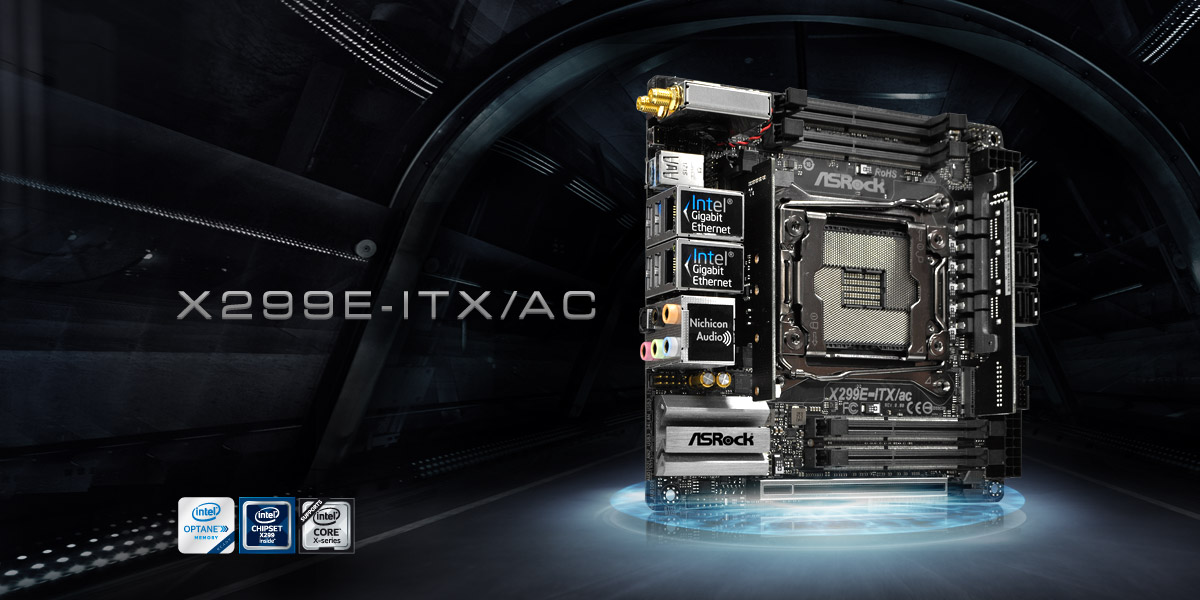
There's far more choice of motherboards with Intel. Due to its socket size, we're unlikely to see anything below ATX for X399, while there's already the full spectrum for X299 including mini-ITX thanks to ASRock, and I've spotted at least one micro-ATX board too from MSI. Those two form factors aren't nearly as popular as ATX of course, but I've seen plenty of people use them as well as those in high-profile modded PCs. Who wouldn't want an 18-core mini-ITX PC?
Secondly, there's AMD's memory access modes in its Ryzen Master software. These can and do make a difference in games, but as I mentioned in my review of Threadripper in August, the platform is touted as being focused on mega-tasking - having loads of things running at once and still being able to play games and the like. The trouble is that you need to reboot your PC to switch modes, so while AMD should be commended for offering this ability, Intel's high core count dies are simply fast all the time.
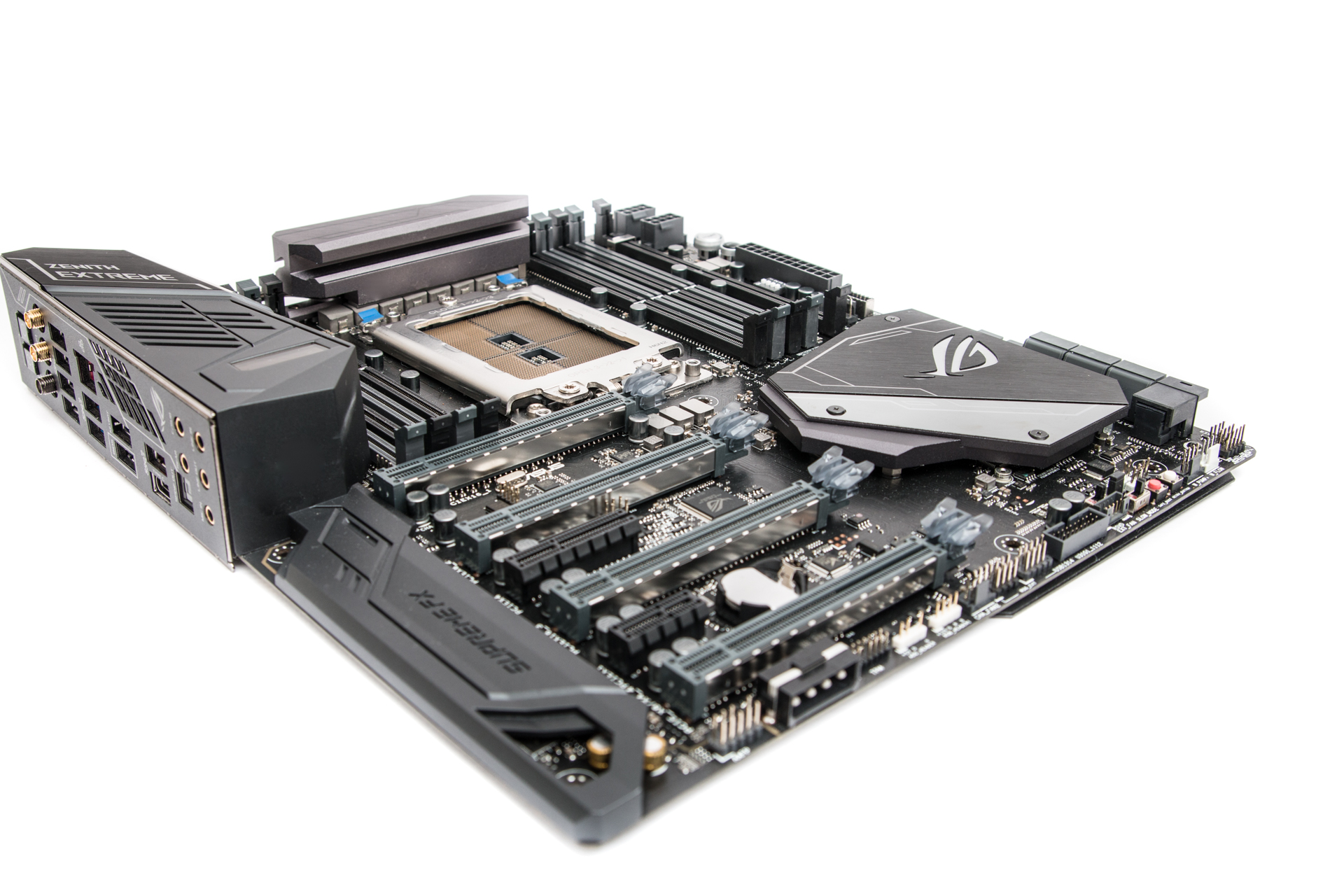
The downside to Intel's incredible dies here is that they're expensive, so everything really boils down to just how much you're willing to pay and what your needs are - there's no clear winner overall. For example, if you'll be spending most of your time editing videos, rendering, and creating content, Threadripper is probably the way to go since you can leave the memory access mode in its distributed setting to prefer maximum bandwidth and have all cores available. If you're prepared to restart your PC, of course, then you can see some significant gains in frame rates for your gaming sessions. For many people this isn't really an option, though, especially if you usually have quite a few programs running, browser tabs open, and the like, so casual gamers might not really suit Threadripper, at least not if there were big frame rate boosts to be had at your chosen resolution.
For those that have clear work/play boundaries and take their gaming seriously, though, or just want a PC dedicated for content creation, Threadripper is great with only a simple restart required to switch to Game Mode, cut the core count and latency, and boost frame rates before switching back. Of course, this doesn't mean those in the other camp shouldn't own a Threadripper system - far from it. Getting back to my point on price, for those people it would be a tough decision. For example, my time is split between photo editing, video editing, and gaming, at least as far as demanding tasks go - I do obviously write a few words every now and then too. For me, an Intel system would be slightly more logical choice, but if it was my cash, Threadripper is just as attractive from a value point of view.
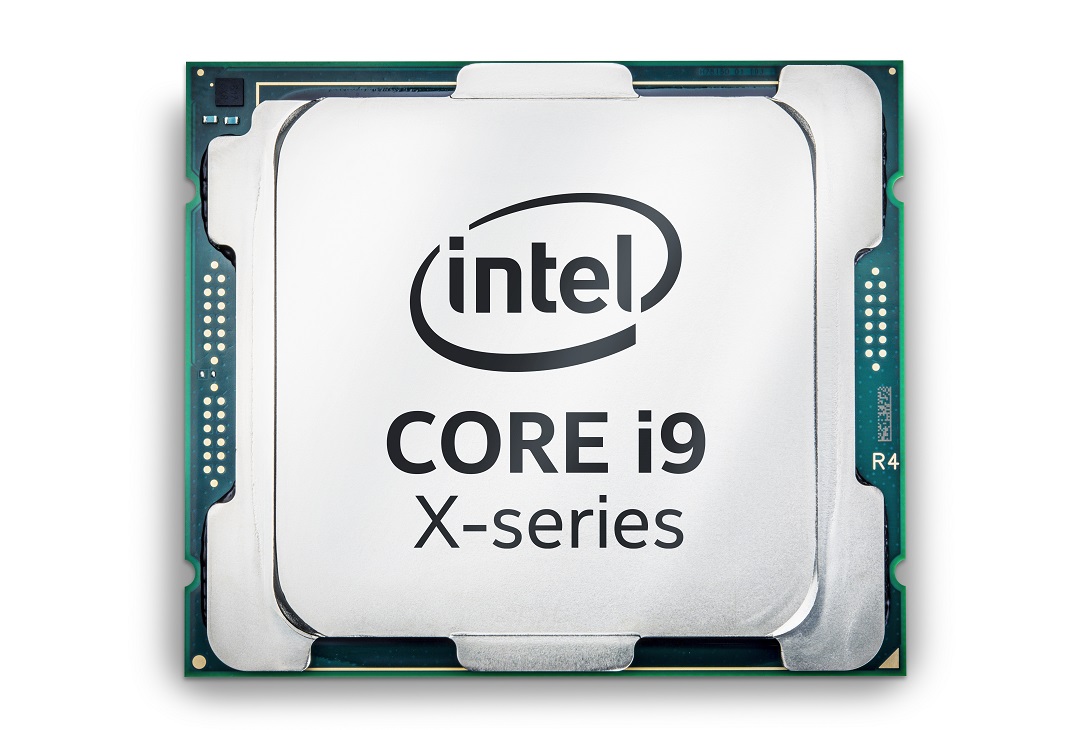
You also have PCIe lanes to consider. The fact that even the cheapest Threadripper CPU offers the full 64 PCIe lanes means that if you're gunning for massive I/O, especially as today sees the release of its free Threadripper NVMe RAID Driver, then you don't necessarily need the most expensive CPU. On Intel, not only does it look like you'll be charged to enable anything other than RAID 0 on an Intel array on its X299 platform, but it may be limited to Intel's SSDs only (we have yet to see concrete details on pricing and compatibility for Intel's X299 VROC or Virtual RAID on CPU), plus you get fewer PCIe lanes at 44, which are only available on the Core i9-7900X and above.
It's a fascinating choice, though, as on one hand, even with the motherboard price advantage of X299, you'd still be looking at spending a lot more on an Intel system to get the same multi-threaded grunt as a Threadripper 1950X-based rig. My reasoning here is that you'd likely need to step up to the 14-core Core i9-7940X to match/better the power of the AMD CPU, as the Core i9-7900X was convincingly beaten in many tests. The trouble here is that Intel's 14-core is nearly £300 more than AMD's flagship.
So it seems things boil down to how much you need your system to be a good all-rounder. If you'll be flitting between games and content creation regularly, Intel is a better choice, but you'll need to spend more to get the same performance as well as the boon of having a more flexible system in terms of not having to switch between memory access modes. In most cases, you'll be spending considerably more too. This may or may not be a problem depending on your budget, of course, given we're already talking about splashing out around £1,300 on just a CPU and motherboard. An extra £300 for a more flexible CPU is perhaps a price worth paying for some and I can fully appreciate that. However, I can also appreciate those that would prefer putting that cash towards something like a custom water-cooling system or several M.2 SSDs to fill all those M.2 slots.
I'd be interested to hear your thoughts on the outcome of this summer's high-end desktop battle and which platform you'd choose and why - AMD X399 or Intel X299?

MSI MPG Velox 100R Chassis Review
October 14 2021 | 15:04

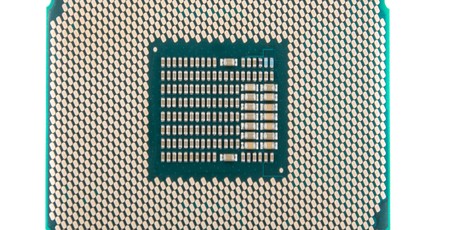
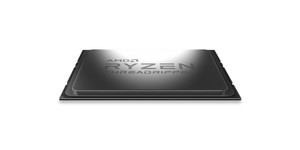
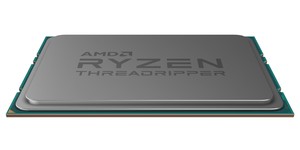
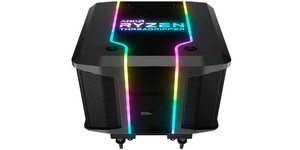




Want to comment? Please log in.